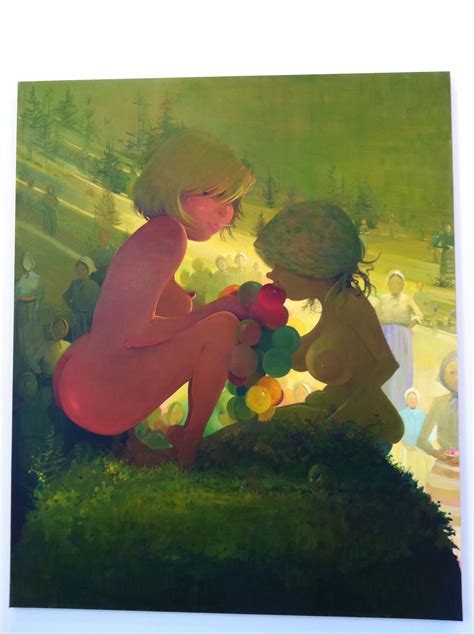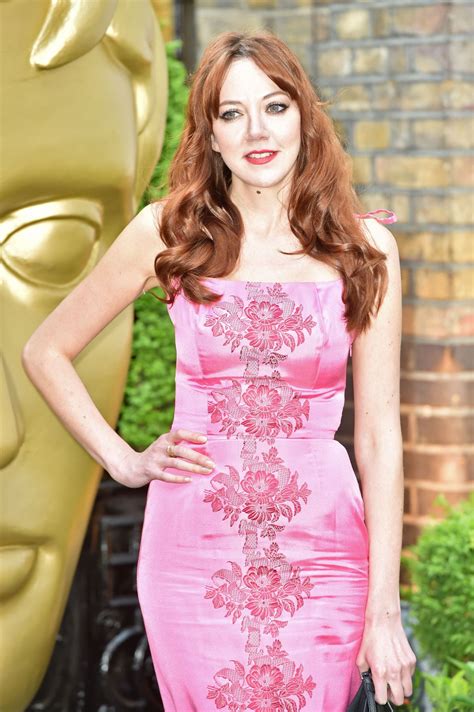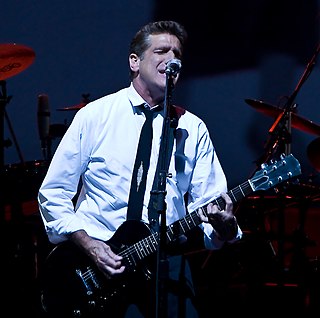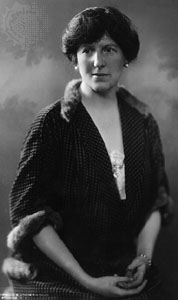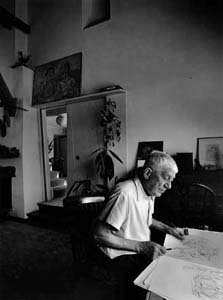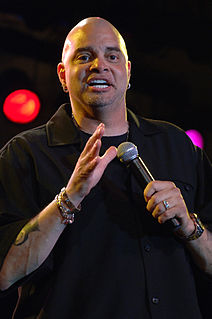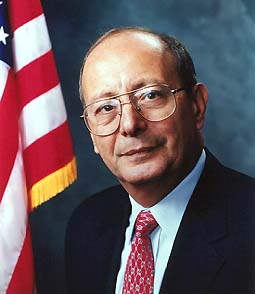A Quote by Lucian Freud
I've always wanted to create drama in my pictures, which is why I paint people. It's people who have brought drama to pictures from the beginning. The simplest human gestures tell stories.
Related Quotes
All I know for sure is that dreams are the pictures of states wanting to turn into processes. Dreams are maps of the beginning of an otherwise unchartered trip into the unknown. They are pictures of the unknown which appear in many channels. Because process work is body-oriented, I put a stress upon feelings, but dreams are not pictures of just feelings; they are pictures of the way the unknown is showing itself in a given moment.

